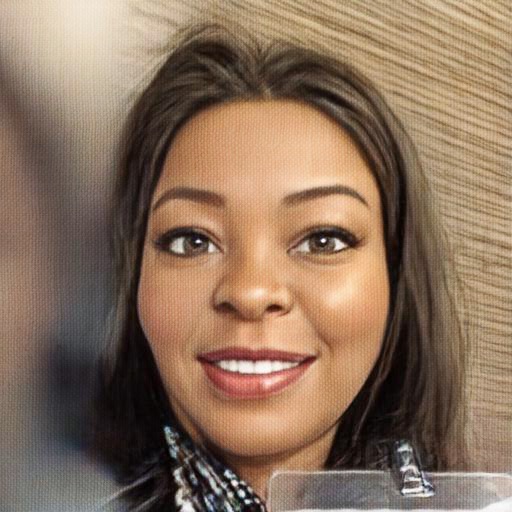I recently read a post on the Instagram page for the Harvard Business Review (HBR). It was a section from a recently published article titled, What It Takes to Think Deeply About Complex Problems. I felt a deep connection to one section of the article because the point being made was about increasing the complexity of our thinking by challenging our convictions.
The section brought to mind Shonda Rhime’s book, Year of Yes — which in some ways, I could have authored because both the HBR article and Shonda’s book bring to mind a yearlong sabbatical I took in 2015.
During my sabbatical, I committed myself to doing the best I could to not go through life like a racehorse with blinders on. In racing, blinders are used to keep the horses’ sight focused on the track ahead. It prevents the horse from being distracted by being drawn to look at anything that could appear in their peripheral vision. This strategy works well for racehorses because their only purpose is to stare straight ahead and run fast to win the race.
But we’re not horses. We are humans. It usually works to our benefit to observe our surroundings and process what we are seeing and experiencing. But when we wear blinders it is usually in the form of biases.
These biases can prevent us from clearly seeing or even imagining other experiences and perspectives. Our lack of peripheral vision (our ingrained biases) can keep us from observing and fully appreciating what’s unfamiliar in the world around us. It not only limits our vision, but limits our thinking — thereby limiting the expansion of our minds.
So, during my year off, I committed to intentionally approaching scenarios by stopping and saying yes whenever I found myself automatically reacting with a no (understandably there were a few exceptions for personal safety and well-being).
What I found was that many times I had no sound reason for saying no. I noticed that when I wanted to react with an immediate no, it was out of habit or fear or my prejudgment based on flawed data. My reaction was mostly due to my lack of knowledge and understanding.
I found that saying yes required me to be brave and thoughtful. I had to take time to think and respond versus going with an automatic, habitual reaction. I had to trust myself and the world around me. And guess what? I had more fun than I’d ever had before. Who knew!
But not only did I have fun, I learned so much more about myself, life and other people. I experienced amazing things that I would have missed had I not taken off my blinders. And I experienced a beautiful (hopefully permanent) stretching of my mind.
After my year was over, it would have been relatively easy to return to hiding behind the imagined safety of my blinders. If I tried, I could convince myself that doing so would make my life easier or even more straightforward — and in some ways, it might. We’re confident that being this way — keeping our views limited and our minds inflexible — somehow seems to make our lives less challenging, more safe and more comfortable. But does it? It can in that we will avoid situations that make us fearful. But in other ways, it makes life far more difficult and far less fun.
The truth is that when we keep our blinders on, we lose so much more than we gain. But the only people who know this with absolute certainty are those of us who have made the bold move of removing our blinders.
So how about you? For one month, could you choose to intentionally step out from behind the perceived safety of your blinders? Could you spend time questioning your prejudgments, reactions about women, about men, about people of a different ethnic group or race, about people who are wealthier or less wealthy than you? Could you commit to questioning your current thoughts, beliefs, or convictions on a moment-by-moment basis?
When I committed to this for a year, I found the experience tremendously rewarding. For one month, could you try? Will you? If you do, I encourage you to document your challenges and thoughts each day. Pay attention to what you reveal about yourself to yourself.
And if you’re feeling brave, send me a note about it.


